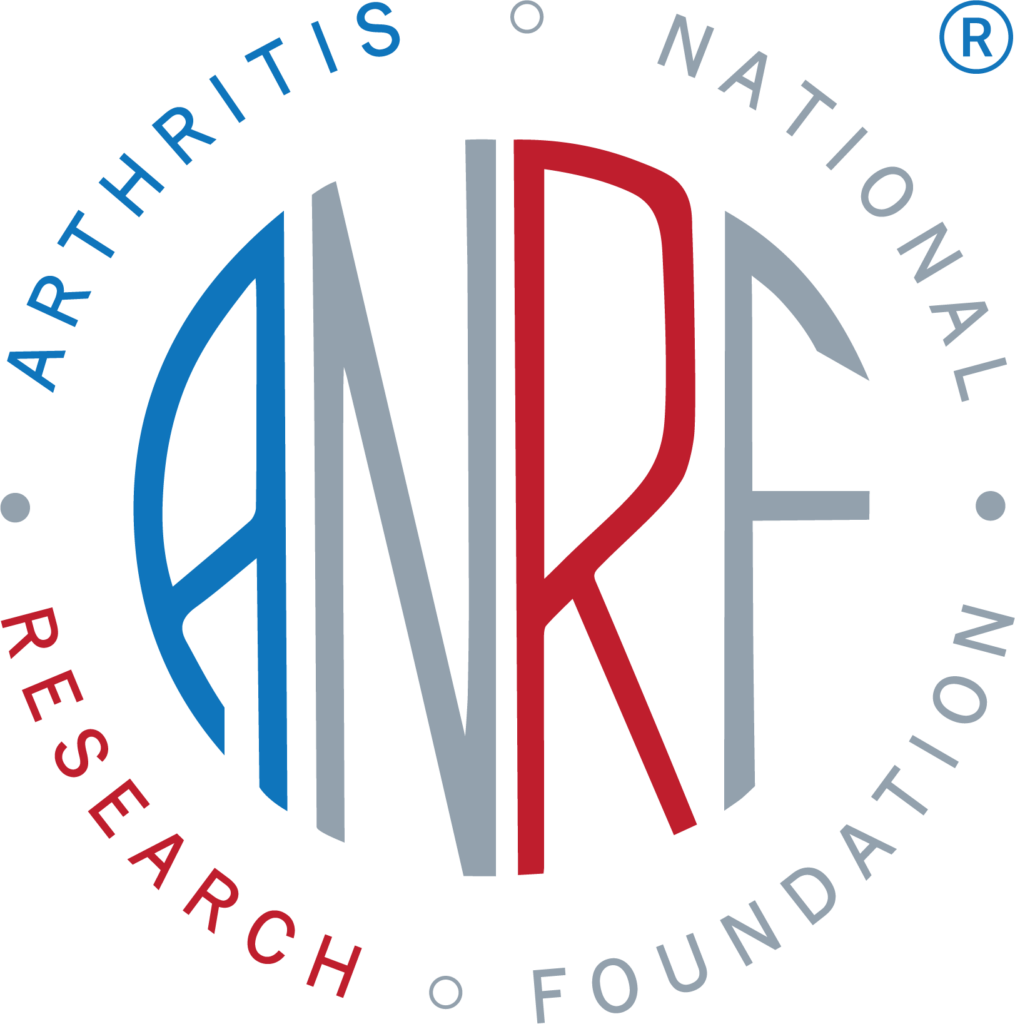 Dr. Michael Jurynec is an Assistant Professor and runs his own laboratory at the University of Utah. His experience in molecular biology and genetics led to a desire to better understand disease processes. This drove him to study families with severe or early-onset osteoarthritis (OA) in order to identify the genes and pathways that contribute to the onset and progression of this disease.
Dr. Michael Jurynec is an Assistant Professor and runs his own laboratory at the University of Utah. His experience in molecular biology and genetics led to a desire to better understand disease processes. This drove him to study families with severe or early-onset osteoarthritis (OA) in order to identify the genes and pathways that contribute to the onset and progression of this disease.
“Osteoarthritis is a terrible disease that dramatically alters a person’s quality of life. I have a personal connection to the disease – I am affected by OA and it runs in my family, so I have firsthand knowledge of the impact OA has on people. Given that we currently have no good therapeutics to modify the course of the disease, my goal is to use my diverse training and the unique population genetic resources at the University of Utah to ultimately develop treatments to help those with OA. I would like to thank the ANRF for supporting my research on osteoarthritis and career development.”
Dr Jurynec’s lab has identified and sequenced 200 families that suffer from this condition. Their genetic studies identified the NOD-RIPK2 pathway as a major risk factor for development of OA. Using the gene editing technology, CRISPR-Cas9, the laboratory created mice that harbor a human disease allele in the RIPK2 gene. The mice with this allele are far more susceptible to developing OA. Two major questions have arisen through this work: 1) Which cells and tissues in the mice are responsible for this increased susceptibility to the disease? And 2) How do the human variants inserted into the mice NOD-RIPK2 genes alter how their proteins function?
The ability to answer these two questions will provide necessary guidance in the development of potential OA treatment options and this will be the focus of the research conducted as an ANRF scholar. In order to do so the laboratory will generate a mouse in which the disease allele can be switched on in a cell and tissue specific manner thus allowing the team to distinguish which require the disease allele for increased OA susceptibility, thus identifying which are sensitive to the inflammatory response associated with the disease. Furthermore in vitro (cellular work outside an organism) assays will be used to establish the functional impact of the human NOD-RIPK2 variants on the signaling pathway. This will form the basis allowing the team to generate a preclinical animal model in order to test inhibitors of this pathway in vivo (within a living organism).





